Population Health News Roundup: May 2023
JoAnne DyerIAPHS Members in the News
Philip Alberti in the Milbank Quarterly: “Foundational to all population health and health equity efforts are authentic community partnerships and a commitment to demonstrating health care organizations are worthy of their communities’ trust.” (quarterly centennial issue, 2023)
Rita Hamad is a guest on the April 12, 2023, episode of The Invisible Americans Podcast, “Three Ways to Eradicate Child Poverty and Its Residual Effects.”
Jennifer Karas Montez is quoted in PRB about how state policies are linked to health and premature death: “Overall, the study found that liberal policies in many domains were associated with lower mortality, Montez says.” (April 12, 2023)
Andrew Stokes in the Boston University School of Public Health News: The disparities between Black and White COVID deaths narrowed, but the decline was mainly due to increasing deaths among White people, plus a geographic shift. “It may be premature to celebrate reductions in disparities because they did not largely represent reductions in mortality.” (May 4, 2023)
Sandro Galea and Alan B. Cohen co-edited the Milbank Quarterly special issue, The Future of Population Health: Challenges and Opportunities. The issue celebrates Milbank Quarterly’s 100th anniversary. (April 2023)
Health Equity and Disparities
Identity affirmation may help cardiovascular health: “Queer People of Color identity affirmation may be related to physiological resilience, observed through a more adaptive cardiovascular profile when responding to stress.” (Social Science & Medicine, March 2023)
Many people who need disability benefits aren’t receiving them: “More than half of U.S. adults over the age of 50 with work-limiting disabilities – likely over 1.3 million people – do not receive the Social Security disability benefits they may need.” (The Conversation, drawing from a Journal of Social Policy article.)
Induced labor rates affected by systemic racism: While White, Black and Latina women had similar rates of induced labor, the decisions were “likely only driven by how White pregnant women were treated.” Researchers didn’t find a strong link between inducement rates and the presence of risk factors in Black and Latina women. (CNN, April 28, 2023)
Environmental Health & Justice
Biden’s Executive Order will consider equity in environmental issues: Past and present pollution will now be considered when resources are allocated, and there will be greater community input for proposed projects. (Grist, April 25, 2023)
Air pollution linked to dementia: Exposure to particulate matter such as PM2.5 may increase the risk for dementia. Because so many people are exposed to particulate pollution, “the population-level health implications could be substantial.” (Harvard T.H. Chan School of Public Health, from a published article in the BMJ, April 5, 2023)
Also related to unclean air: Black and low-income Americans would benefit the most from reducing air pollution (Harvard T.H. Chan School of Public Health, from a March 24, 2023 article in NEJM)
Water supply more likely to be tainted in Black and Hispanic communities: The PFAS chemicals are called “forever chemicals” and are linked to illness. (Grist, May 15, 2023)
Built Environments, Spaces, and Places
 Farmers face an increased risk of suicide: In rural areas, suicide rates increased by 48% between 2000 and 2018, compared with 34% in urban areas. (New York Times, April 19, 2023)
Farmers face an increased risk of suicide: In rural areas, suicide rates increased by 48% between 2000 and 2018, compared with 34% in urban areas. (New York Times, April 19, 2023)
The built environment can affect loneliness: Economic inequalities can make it harder to feel connected. People with lower incomes may not be able to live close to friends or be able to access natural and public spaces, for example. (Croakey Public Media, January 31, 2023)
Policy & Programs
Tax credits may have far-reaching benefits for a family’s kids: The earned income tax credit (EITC) and the child tax credit (CTC) were “related to declines in reports of child maltreatment, youth violence, and juvenile convictions.” This PRB article discusses several similar studies with similar results. (Population Reference Bureau, December 8, 2022)
Congressional caucus is dedicated to exploring the social determinants of health (SDOH): The bipartisan group most recently held a briefing to discuss food insecurity and nutrition as an SDOH. (Congressional SDOHC)
The Affordable Care Act may have reduced disparities for adults with intellectual disabilities: Access was improved for adults with ID, but disparities in follow-up care, eyeglasses, and prescription medicines “persist and require policy solutions.” (Journal of Intellectual Disability Research, May 2, 2023)
Work requirements for SNAP don’t help people find work: A policy that requires work in order to receive food assistance (SNAP) doesn’t improve the rates of finding a job or making more money. But it does make people less likely to receive the benefits. (The Conversation, April 28, 2023)
Title VI programs boost the health of indigenous elders: “Older Natives who received Title VI services experienced fewer falls and hospitalizations per year than those who did not receive assistance.” (Public Health Post, May 9, 2023)

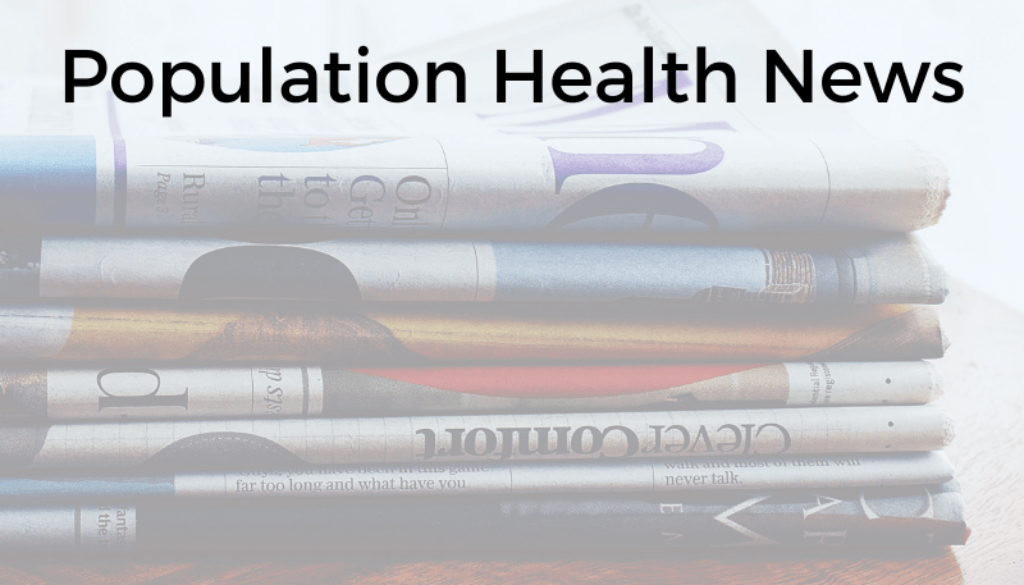
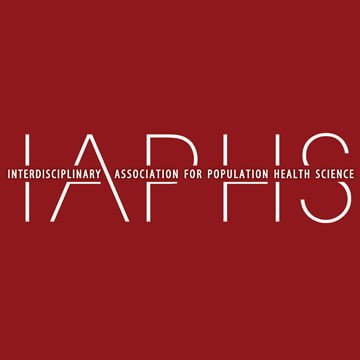


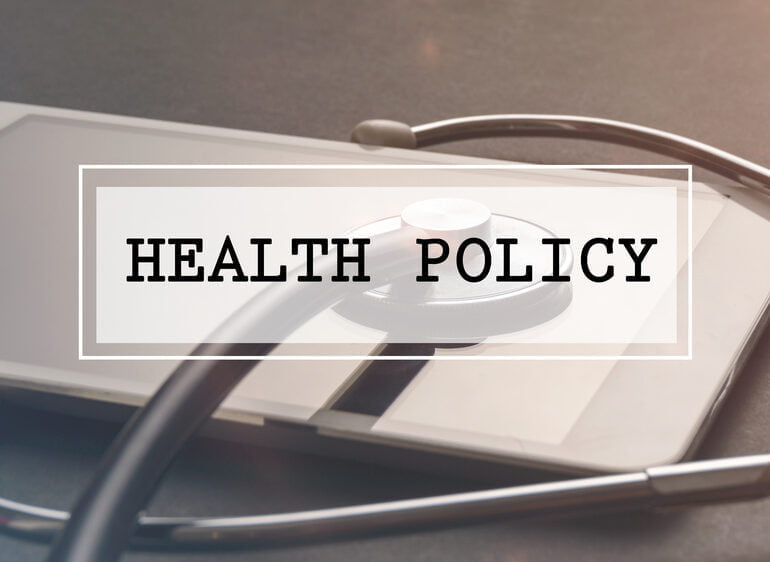

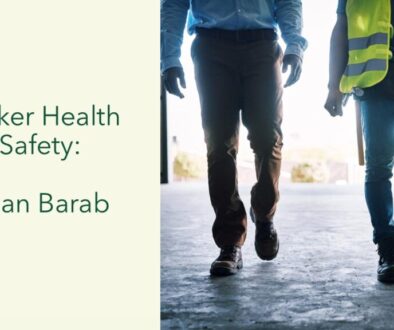

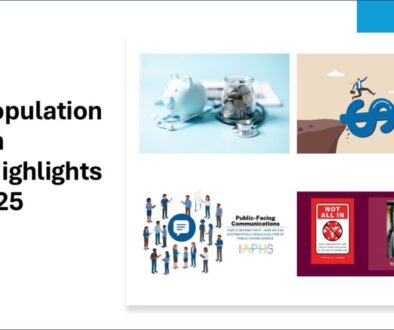
All comments will be reviewed and posted if substantive and of general interest to IAPHS readers.